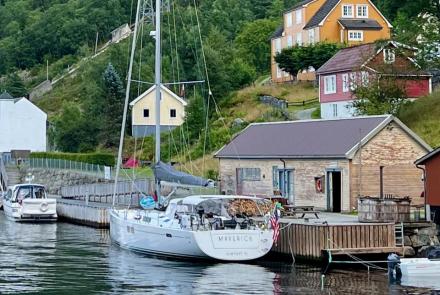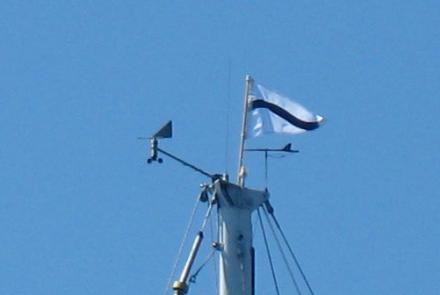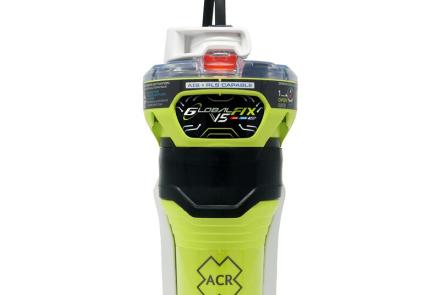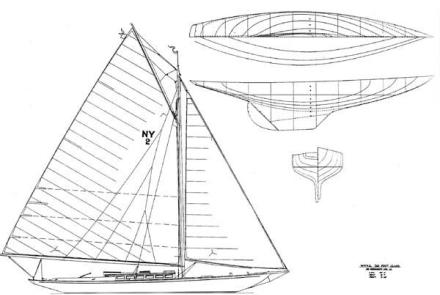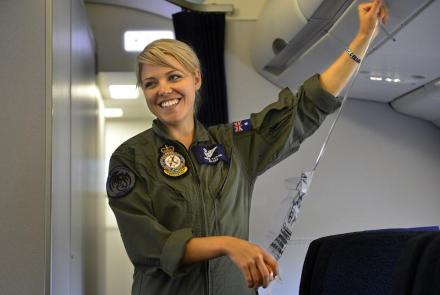What If the Sheet Hits the Pram?
Chuck Hawley ran into CCA member and sailor extraordinaire Skip Allan at the marine flea market this weekend, and he suggested the following Safety Moment:
The recent 14-hour pit stop at Cape Horn of the Volvo Ocean Race leader MAPFRE well demonstrated what I like to call the game of "What If?" MAPFRE had a detached section of mast track and shredded mainsail and desperately needed to make repairs to continue the Volvo. MAPFRE's management had anticipated this possibility months before, and had stationed in Southern Chile a three-man repair crew with available materials and tools, as well as a boat on standby ready to meet MAPFRE at a small, well sheltered cove in the lee of Cape Horn itself, only a few miles off course.
The rendezvous happened without incident, repairs were made, and MAPFRE resumed the race as she was allowed to do under the Volvo Rules.
"What If?" is an excellent game to play onboard or ashore, with both experienced and inexperienced crew
"What If?" is an excellent game to play onboard or ashore, with both experienced and inexperienced crew, day or night, at anchor or underway. I admit I had not considered the ULDB 70 CHARLEY losing her keel on a Transpac return. But situations like this, and others, are not out of order for discussion and often lead to the fact that once discussed, they tend NOT to happen. "What if we wrap net in the prop?" (Put the engine in neutral.) "Hit a whale" (put the engine in neutral), "See 3 vertical white lights ahead?" (Look for the tow and don’t sail between them.) "Have to jibe in breeze with possible danger to the boat and crew?" Tack, preferably with extra way on using the engine for assist.) "Fill a mainsail deep reef pocket with water from a breaking wave? (Have a drain hole installed in your main.) “Break the steering?" (Think about this in advance and have a plan, or at least a drogue at the ready.) "Drag anchor in an unfamiliar and dark anchorage at night?” (Know the compass course to safety and have it posted near the helm.) "Break the spinnaker halyard?" (Turn up quickly so you don't run over the spinnaker.) "If we’re 5 seconds early for the start with no where to go?" (Speed up, don't slow down.)
Many of these ideas sound like what our parents used to tell us about driving defensively: that we should be looking down the road and anticipate what might happen so we can react to it. “What if that car pulls into traffic? What if the kid on the bicycle turns in front of us? What if the light turns red? What if we are stopped on a railroad crossing and the gates come down?”
It’s also related to the concept of “forehandedness” that the Navy is fond of training its officers and seamen. CCA member and former head of Navy Sailing John Bonds used to encourage us to be “forehanded” during his lectures at safety at sea courses: what could happen, how could we deal with it, how could we have avoided it? We could all benefit by following his excellent advice.


